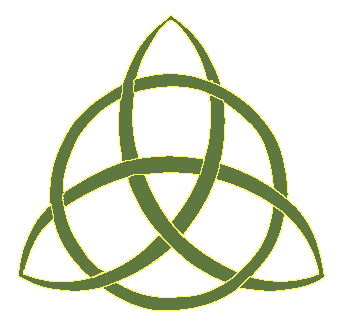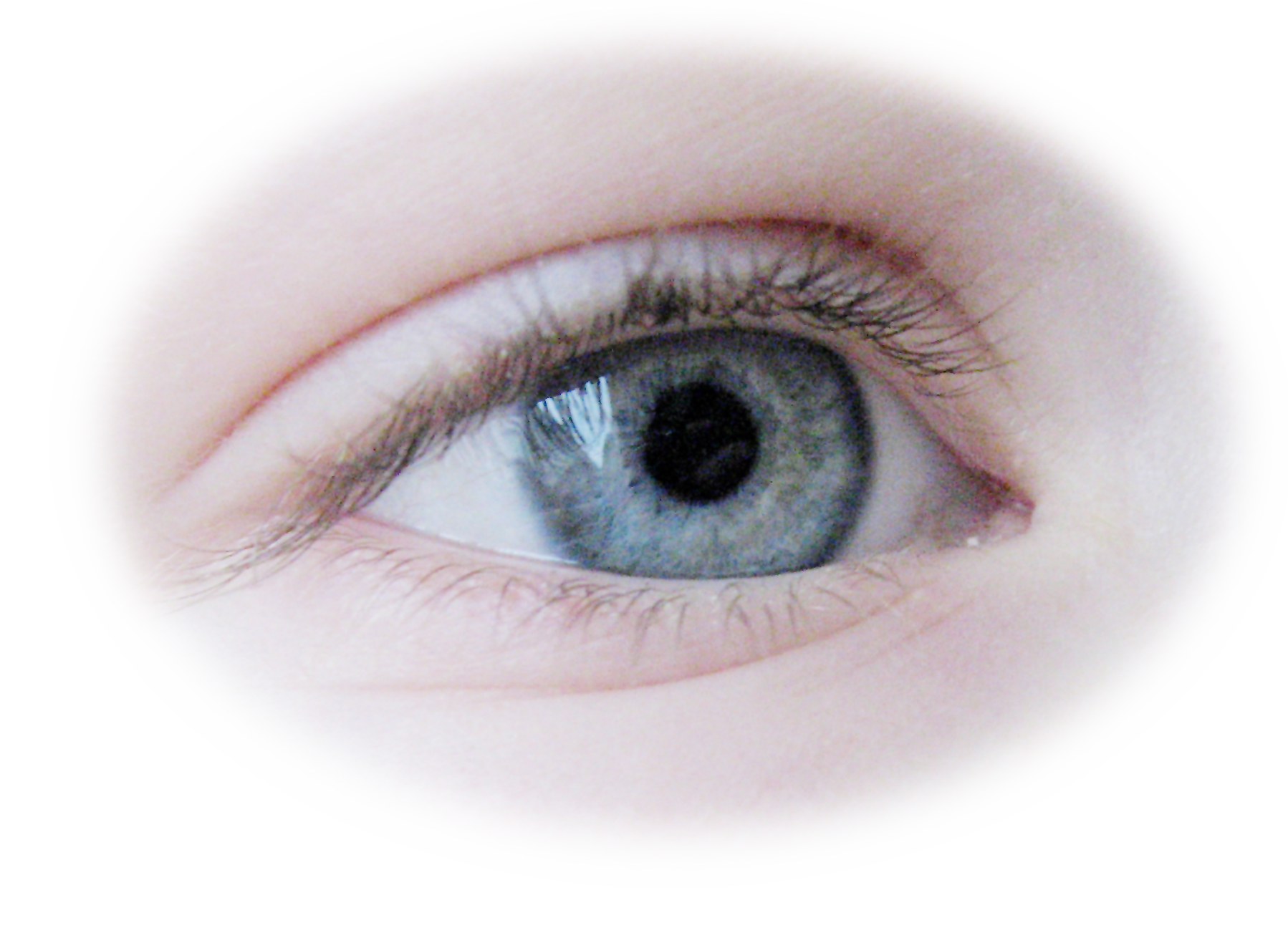EMDR: Eye Movement Desensitization and Reprocessing
Eye movement desensitization and reprocessing (EMDR) is a fairly new, nontraditional type of psychotherapy for treating post-traumatic stress disorder, (PTSD). PTSD often occurs after experiences such as military combat, physical assault, rape, or car accidents.
At first glance, EMDR appears to approach psychological issues in an unusual way. It does not rely on talk therapy or medications. Instead, EMDR uses the body’s own natural healing abilities. These techniques dampen the power of emotionally charged memories of past traumatic events.
What Can You Expect From EMDR?
If you suffer from PTSD, what can you expect during an EMDR treatment session -- which can last up to 90 minutes? Your therapist will move his or her fingers back and forth in front of your eyes and ask you to follow these hand motions with your eyes. Or your therapist may ask you to hold a tapping device in your hands which will tap your hands, or have you listen to certain musical tones. These techniques calm the emotion center of the brain. At the same time, the EMDR therapist will have you recall a disturbing event. This will include the emotions and body sensations that go along with the event. Gradually, the therapist will guide you to shift your thoughts to more pleasant ones. Before and after each EMDR treatment, your therapist will ask you to rate your level of distress. The hope is that your disturbing memories will become less disabling.
Although most research into EMDR has examined its use in people with PTSD, EMDR is also used to treat many other psychological problems. They include:
- Panic Attacks
- anxiety
- addictions
- anger and irritability
EMDR therapy is recommended as an effective treatment for post-traumatic stress disorder in the practice guidelines of a wide range of organizations. These include the American Psychiatric Association (in 2004), The Department of Veterans Affairs and Department of Defense (in 2010), The International Society of Traumatic Stress (in 2009), and other organizations worldwide, including in England, France, the Netherlands and Israel.

